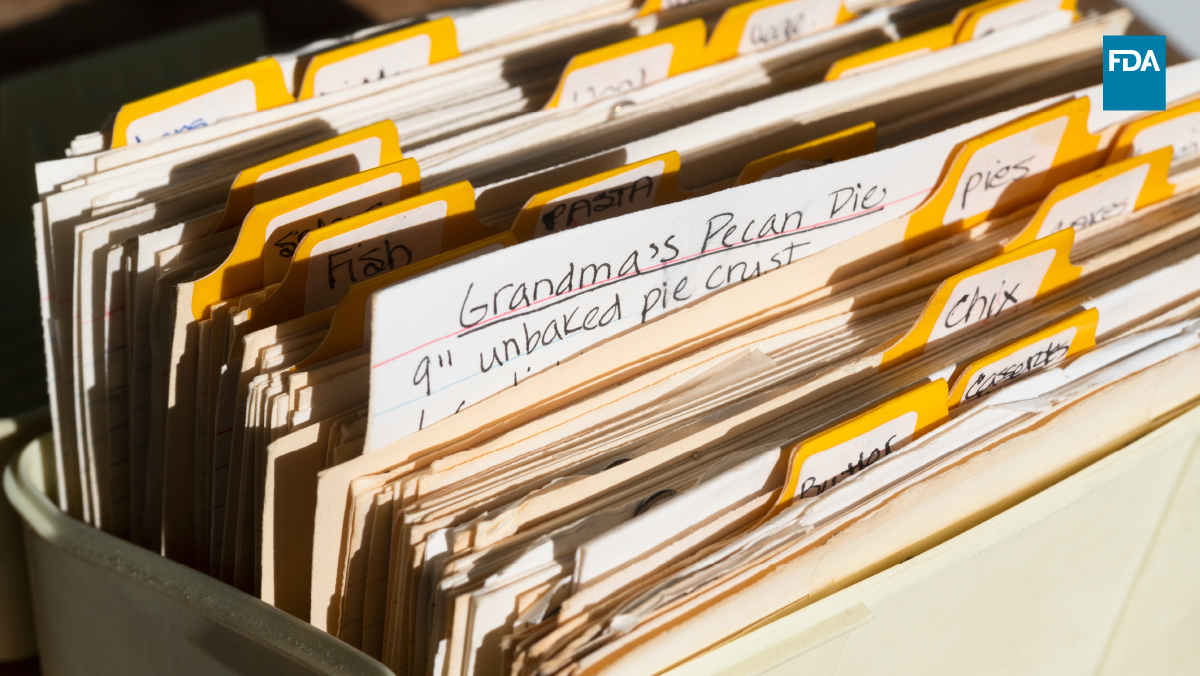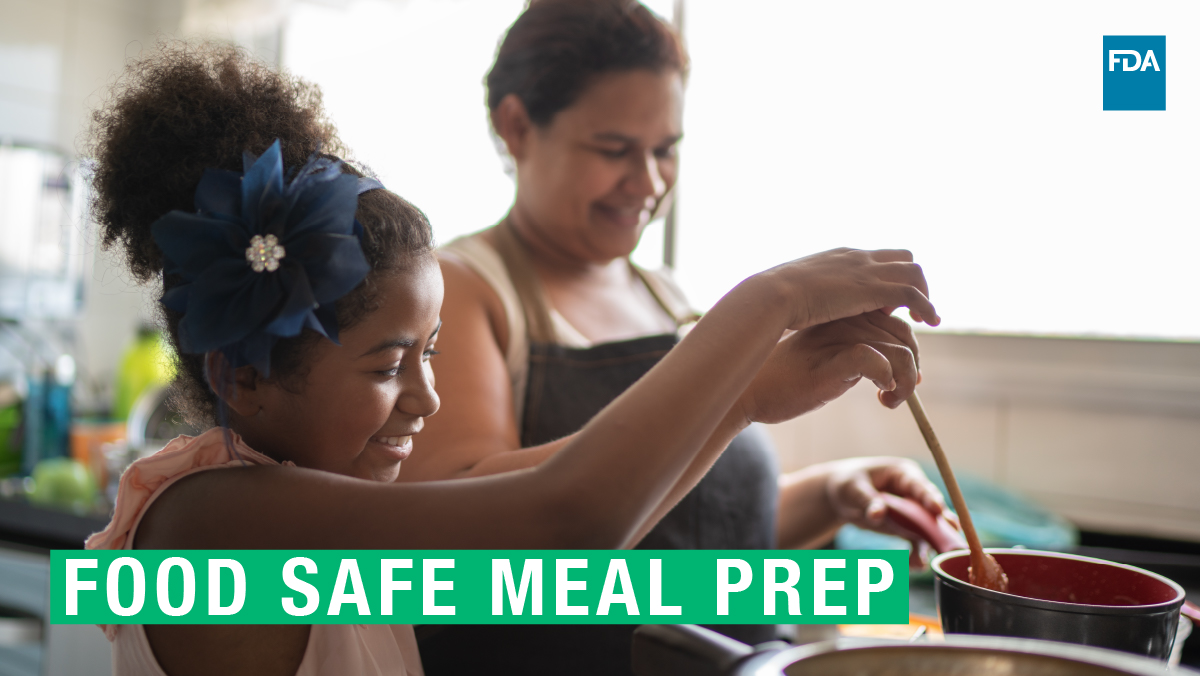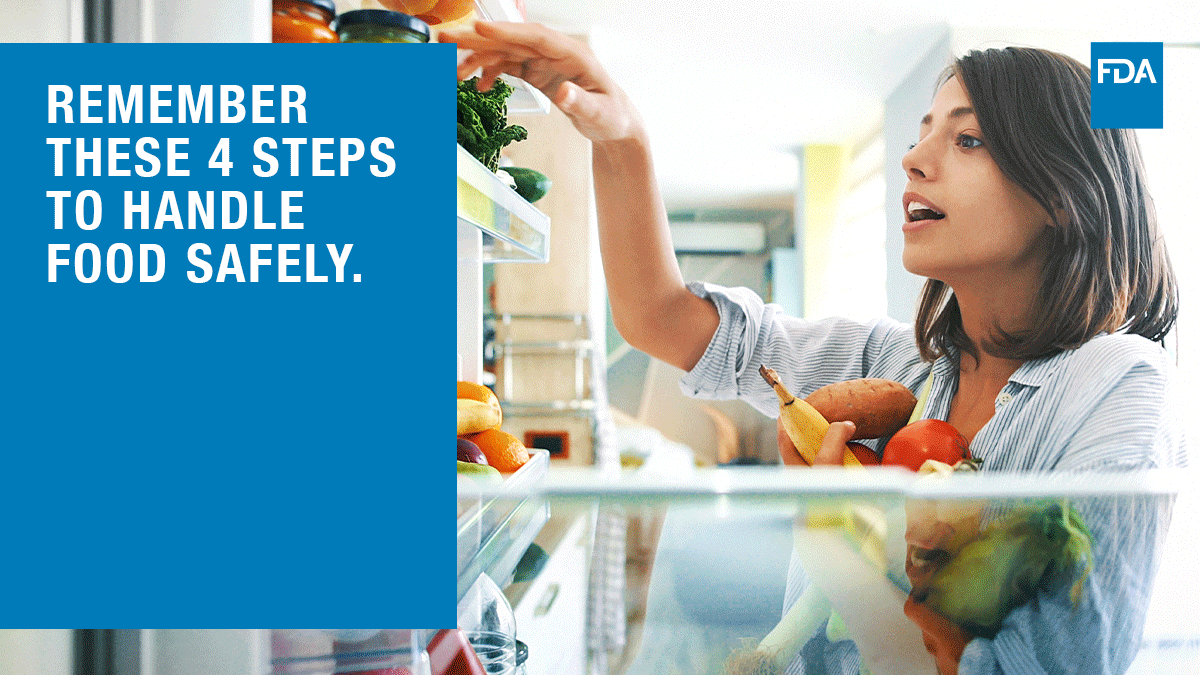Food Safety Education Month
September is National Food Safety Education Month!
This month take an active role in preventing foodborne illness, also known as “food poisoning.” The Federal government estimates that there are about 48 million cases of foodborne illness annually – that’s about 1 in 6 Americans each year. Each year, these illnesses result in an estimated 128,000 hospitalizations and 3,000 deaths. Following simple food safety tips can help lower your chance of getting sick.
- Social Media Toolkit - Help us spread the word about food safety
- Education Resources - Learn how to lower your chance of getting sick
Spread the Word!
Help us to spread the word about the importance of food safety. Use these social media messages to show your support for National Food Safety Education Month (NFSEM) and to encourage your community to keep food safe.
#DYK? 1 in 6 Americans experience foodborne illness every year. Follow these safety tips to keep you and your family safe during National Food Safety Education Month. #NFSEM
https://www.fda.gov/food/buy-store-serve-safe-food/safe-food-handling
#NFSEM Pop Quiz:
True or False? If a ready-to-cook food is contaminated with bacteria that could make you sick, freezing will kill the bacteria. Answer: https://www.fda.gov/food/buy-store-serve-safe-food/test-your-safety-knowledge-about-ready-cook-foods
This month and every month, make a commitment to keep you and your family safe from foodborne illness! Check out these tips to help protect you from foodborne illness. #NFSEM
https://www.fda.gov/food/buy-store-serve-safe-food/safe-food-handling
Cook that dough! In recognition of National Food Safety Education Month, read this first before mixing up your dough. #NFSEM
https://www.fda.gov/food/buy-store-serve-safe-food/test-your-safety-knowledge-about-ready-cook-foods
Did you know that when recipes include food safety tips, people are more likely to follow them? This month, update your recipes to make sure they include #FoodSafety info and tips. #NFSEM
https://www.fda.gov/food/buy-store-serve-safe-food/food-safety-your-kitchen
This National Food Safety Education Month remember the 2-Hour Rule: Throw out any perishable foods left out at room temperature for more than 2 hours unless you’re keeping it hot or cold. #NFSEM
https://www.fda.gov/food/buy-store-serve-safe-food/food-safety-your-kitchen
It’s National Food Safety Education Month! Remember these 4 steps to handle food safely.
1️. Wash
2. Separate
3. Cook
4. Chill
your food!
Check out more safety tips to keep you and your family safe. #NFSEM
https://www.fda.gov/food/buy-store-serve-safe-food/safe-food-handling
National Food Safety Education Month tip: If you – or someone you care for – are in one of these high-risk groups, it's especially important to practice safe food handling.
- Pregnant women, their unborn babies, and children
- Older adults and people with cancer, diabetes, HIV/AIDS, organ transplants, and autoimmune diseases
https://www.fda.gov/food/consumers/people-risk-foodborne-illness #NFSEM
Sometimes, food poisoning is more than tummy troubles. It can be serious and even life threatening! Check out these tips to stay safe this National Food Safety Education Month. #NFSEM
https://www.fda.gov/food/buy-store-serve-safe-food/food-safety-your-kitchen
Learning the do’s and don’t’s of safe food handling starts at home! Check out these tips to stay safe and healthy. #NFSEM
https://www.fda.gov/food/buy-store-serve-safe-food/safe-food-handling
National Food Safety Education Month Resources
FDA has resources to help encourage you and your community to put food safety first.
- Safe Food Handling – Follow these four key steps to food safety.
- Food Safety in Your Kitchen – Get tips for food safe shopping, storage, and meal prep.
- People at Risk of Foodborne Illness – Learn what groups are more at risk for foodborne illnesses.
- Food Safety for Pregnant Women – Find food safety information for before, during, and after pregnancy.
- Everyday Food Safety for Young Adults – Learn about food safety whether you’re cooking at home, dining out, or eating ready-made meals on the go.
- Education Resource Library – Find printable educational materials, videos, and more!
- Continuing Medical Education Program – Learn how to identify, treat, and report foodborne illness.
- Science and Our Food Supply – Bring food science into your middle and high school classrooms.
- Consumer Food Safety Educator Evaluation Toolbox and Guide – Get tips, tools, and examples to plan, develop, and evaluate food safety programs and activities.
Visit https://www.foodsafety.gov for additional information on food safe practices.












